How to figure out the most important thing in your life (and act on it)
Do you ever start your day wondering "what to do first?" Or maybe you're more the type who completes a long list of tasks daily but feels like you achieved nothing.
I know how you feel. I used to be like that. I thought I was efficient and productive, but I felt like I was wasting my time day after day. I didn't even have time to sit down and plan things.
That's because I was trading my time with (and for) the wrong reasons.
Here's what a day in my calendar used to look like:
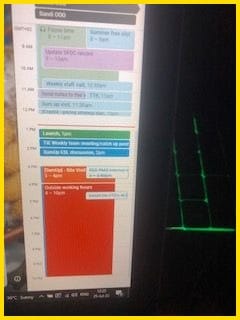
That's nine different meetings! Plus, a few slots were double booked (people booked already busy slots disregarding my unavailability). On top of that, I had "regular" work, admin tasks, and similar.
Here's how my calendar looks today.
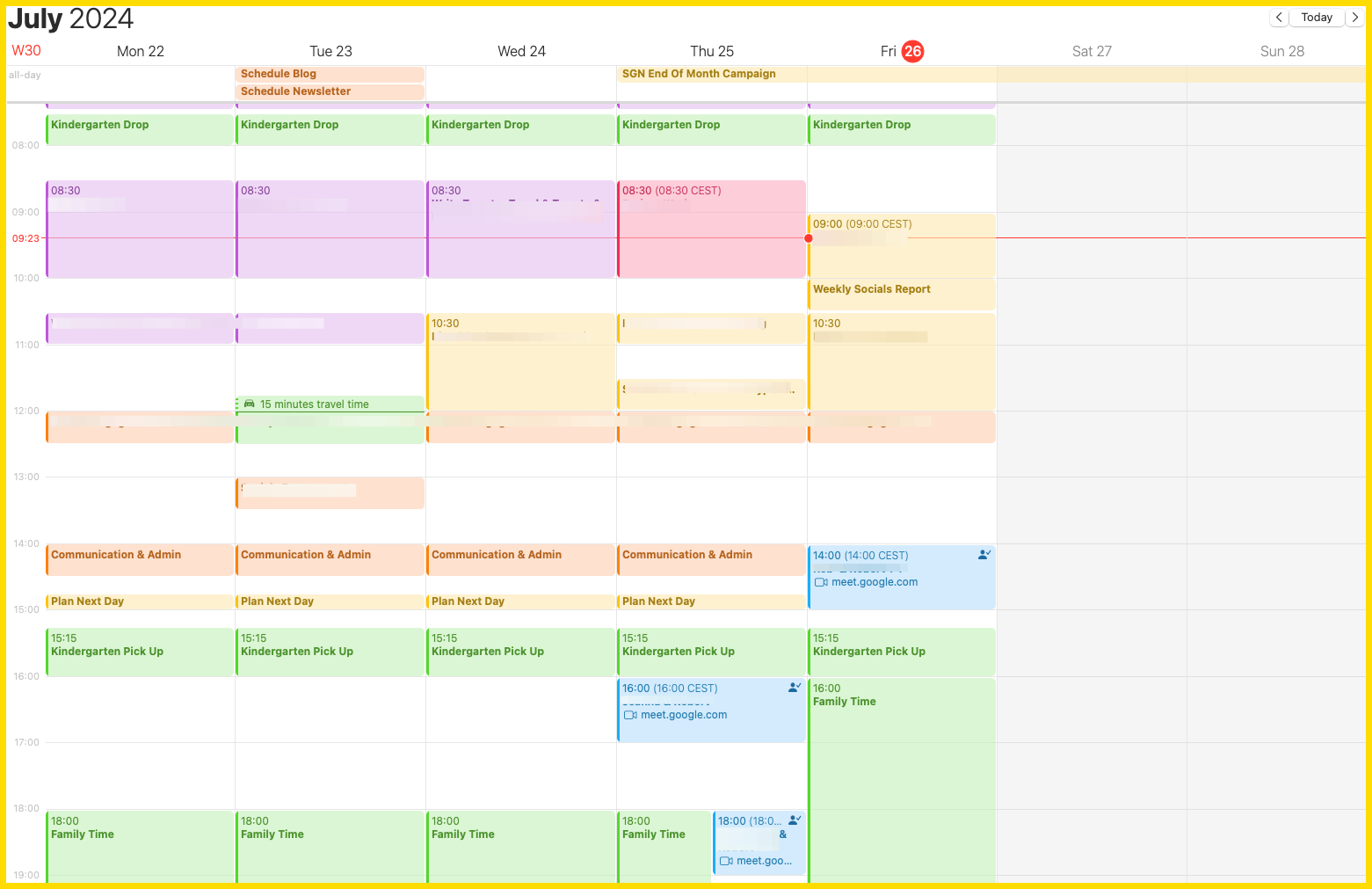
I transformed my life when I regained control of my time. Here's my entire process broken down step-by-step so you can replicate it yourself.
How to discover if you’re making the wrong trade-offs with your time
I discovered trade-offs in the book Essentialism by Greg McKeown. He defines a trade-off as "choosing between two things we want." Here's a basic example of a trade-off: you're invited to attend two different meetings at the same time.
You can subscribe to my newsletter and receive this and similar advice daily in your inbox.
In the first case, you're invited to a meeting with your boss. The meeting will discuss your current tasks, the next steps, and ongoing projects.
In the second case, you're invited to join the last interview of the hiring process with your potential new boss.
What do you choose?
Which one is better?
How do you choose?
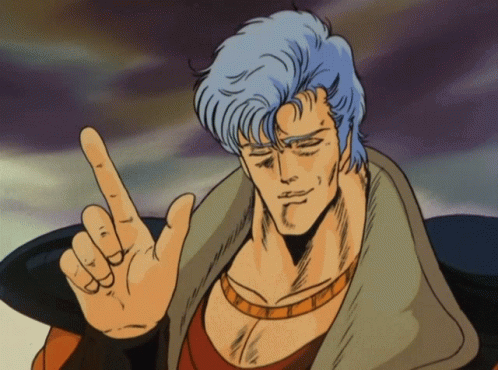
These are the wrong questions. Or, to be more accurate, these are questions you can't answer yet. Yet people answer these questions without strategically thinking about it. That's how you make the wrong trade-offs.
Stop making the wrong trade-offs
Why do people often make the wrong trade-offs? Put simply, it happens because they don't know where North is. They don't know where they want to go or why they should go.
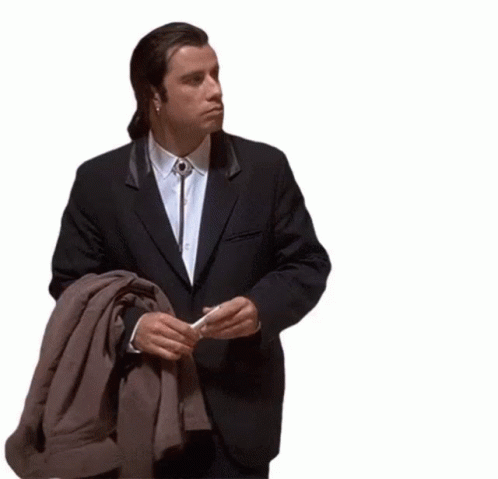
When you lack clarity, you're doomed to make the wrong trade-off. Logically, the first step is to gain clarity. In the simplest terms, ask yourself: What is the most important thing in my life?
Once you know that, you will have clarity. Every decision should help you protect, grow, and nurture what you find most important.
Armed with this knowledge, you then prioritize what's most important over everything else.
In my case, being a dedicated husband and father is the most important thing in my life. So, every opportunity I am given is waged against a simple question: Will this help me be a more dedicated husband and father?
If the answer is yes, then I can pursue it relentlessly. But if it isn't, here's what happens (speaking from experience).
My days are filled with angst. Even though I'm doing something I love, I'm pressured. Who suffers because of these feelings? My wife and my kids.
Does that make me "a dedicated husband and father?" No, it doesn't. In the end everyone loses because I'm failing on both fields.

But here's another hidden consequence many don't notice. When you're not prioritizing what's most important, you often allow others to decide for you. While involuntary, this defines what becomes the most important thing in your life.
That's why my corporate job/calendar was a mess. I was slaving to other people's needs. I was putting mine (and those of my family) second. But it all changed once I realized what the problem was.
Get rid of losing trade-offs
Stephen Covey, author of The 7 Habits Of Highly Effective People once said "The main thing is to keep the main thing the main thing." In other words, act based on what's the most important thing in your life.
So, the first step in eliminating losing trade-offs is to define the most important thing in your life. There are many guides and steps you can find on the internet. What I'm about to show you may sound like a hybrid (or an abomination if you're a purist) of a few you may find online.
It starts with this question.
- If you're about to be deported on a desert island, who do you take with you? If you really want to nail this further, just limit this to one person.
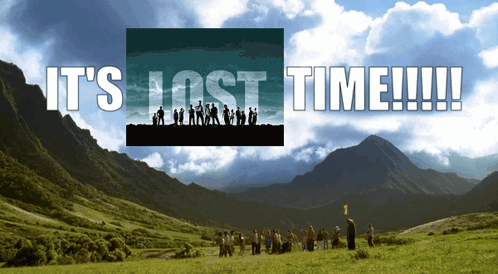
Tough one. But try to respond. It's not going to get easier if you skip this question.
- Then, once you're on the desert island, what's your number one goal?
- Last, ask yourself: how am I going to achieve this goal?
Here's how that looks in my case.
- I wouldn't take anyone with me on the desert island.
- My goal would be to find a way to return to my family.
- I'd dedicate my life to build a raft, figure out where North is, learn to read the stars, and do other stuff I have seen Edward "Bear" Grylls do to ensure I survive and get back in one piece.
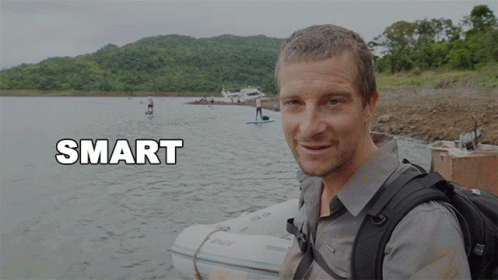
Not what you expected, right? But here's the result.
There's nothing more important to me than my family's well-being and happiness. That's why I didn't take them with me. But will my family be happy while I'm gone? Will I be happy being apart from them? Is there someone else who can ensure their well-being like I would?
No. That means nothing trumps this in my life. So how do I go about making sure my family's well-being and happiness are taken care of? By being a dedicated husband and father. In this case, dedication for me means providing, being present, and supporting them.

I know you might be in a wildly different situation. And that's fine. So here's a short list of behaviors you may exhibit that show you're unclear about the most important thing in your life.
You can subscribe to my newsletter and receive this and similar advice daily in your inbox.
- You're saying 'YES' to anything and everyone. It feels weird, uncomfortable and maybe even rude (in your opinion) to say 'NO' to others.
- You have many priorities in life. Logically, if many things are a priority, nothing is. That's why you're not excelling in any of the fields you're pursuing.
- Your list of tasks, projects and similar is long. You avoid making a choice about what to reschedule, what to pause, and what to remove from your list. You allow these tasks, projects, and the people around them to dictate your life.
- You don't have time to sit down and think. Setting time in your calendar to plan your year, month, or week seems impossible (because you feel it's time you'll waste instead of doing a task from your list).
- You're not excited about things you're doing. You feel you're climbing a never-ending set of stairs, and you're less excited with each step because you don't feel you're getting close to your goals.
This list can go on, but these are the ones I discover frequently with people around me.
How To Regain Control Of Your Time
Here's how my process works. While you don't have to follow it to a T, I want to make it clear the entire process is what helps me.
- I am absolutely clear on what is most important in life. I have outlined a simple three-step process you can use to determine your most important thing.
- Set goals to enable you to fulfill (act on) what's most important in your life.
- Plan yearly/monthly/weekly steps to help you achieve those goals.
There are thousands of books covering time management, productivity, and mindset in depth. So I won't attempt to explain it all in a single article. But I'd urge you to figure out the most important thing in your life because you read this today.
If you would like me to cover this topic in-depth, let me know.
That's a wrap.
I know many will have questions or will want more help. If that's you, I'll invite you to subscribe below. My inbox is always open for my subscribers.
Member discussion